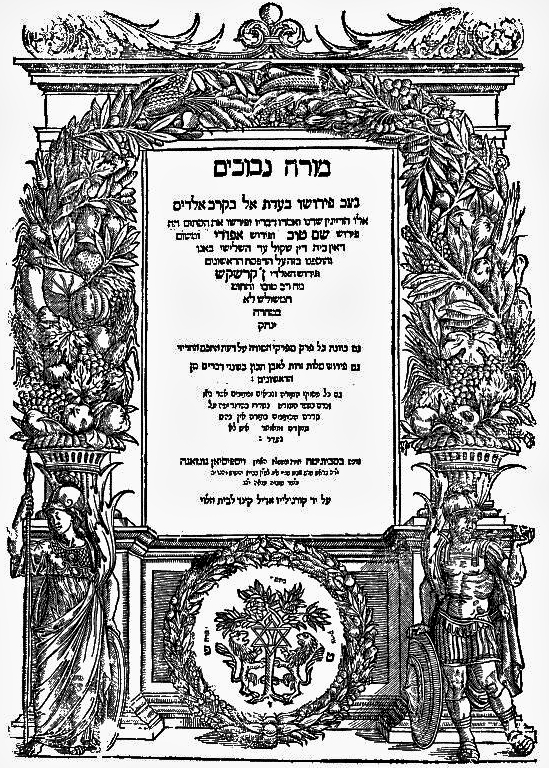Jewish principles of faith: Difference between revisions - Wikipedia
 Article Images
Article Images
Content deleted Content added
m |
|||
Line 113: Many rabbis were drawn into controversies with both Jews and non-Jews, and had to fortify their faith against the attacks of contemporaneous philosophy as well as against rising Christianity. Only in a general way the [[Mishnah]] (Tractate Sanhedrin xi. 1) excludes from the world to come the Epicureans and those who deny belief in resurrection or in the divine origin of the [[Torah]]. [[Rabbi]] Akiba would also regard as heretical the readers of Sefarim Hetsonim - certain extraneous writings that were not canonized - as well such persons that would heal through whispered formulas of magic. Abba Saul designated as under suspicion of infidelity those that pronounce the ineffable name of the Deity. By implication, the contrary doctrine and attitude may thus be regarded as having been proclaimed as orthodox. On the other hand, Akiba himself declares that the command to love one's neighbor the fundamental the principle of the Law; while Ben Asa assigns this distinction to the Biblical verse, "This is the book of the generations of man". The definition of [[Hillel the Elder]] in his interview with a would-be convert (Talmud, tractate Shabbat 31a), embodies in the golden rule the one fundamental article of faith. A teacher of the === Belief in the Medieval era === | |||